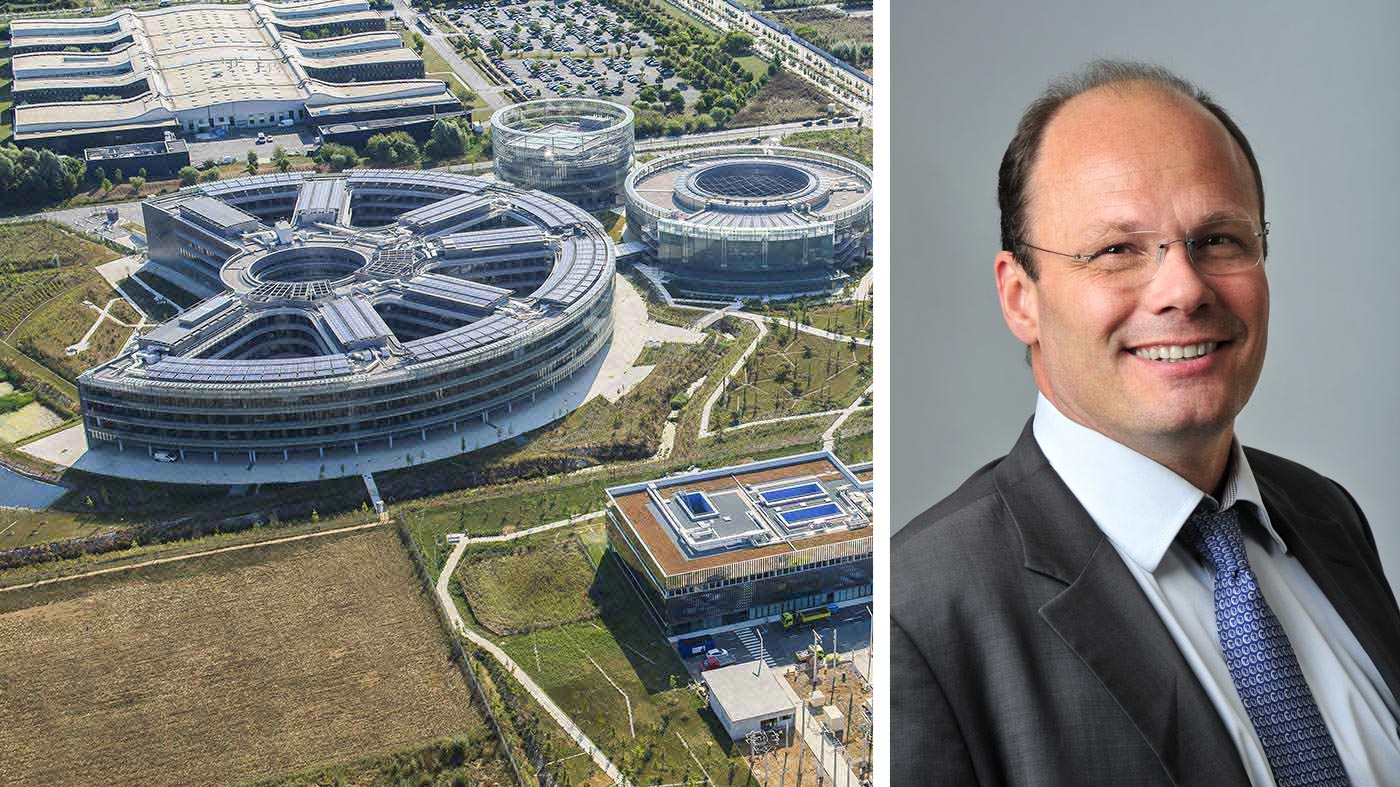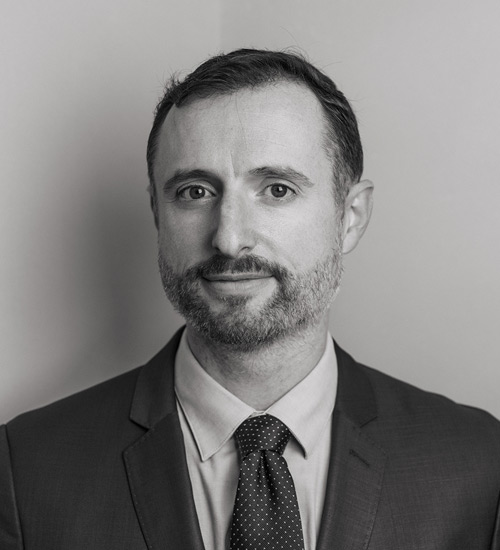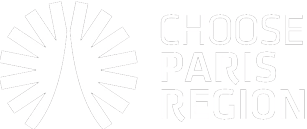
Europe’s number 1 R&D hub, Paris-Saclay is a unique cluster, academic & research campus, and overall capital of innovation. With ground-breaking research and a constant stream of key players launching major projects, the momentum never stops at Paris-Saclay. Now gearing up for the 5th edition of the Paris-Saclay Spring event, we talked with Directeur Général Phillippe Van De Maele to catch up on the whirlwind of activities and objectives for this upcoming year.
Tell us about Paris-Saclay and its strong points? Could you give us some examples?
Paris-Saclay holds a unique position amongst the major global innovation clusters. Home to 15% of public research and 15% of the private R&D in France, this major area gathers all the important elements necessary for the innovation pipeline: fundamental research at the highest international level structured around the University Paris-Saclay (13th in the Shanghai ranking and 1st in mathematics), and the Institut Polytechnique Paris. It is a rich and dynamic industrial network full of innovative communities that are very engaged with more than 700 Deeptech start-ups and a network of 47 innovation communities. Amid this rich ecosystem, Paris-Saclay distinguishes itself with the diversity present in the 7 strategic sectors and adaptable technology which permits key players to develop innovative solutions capable of responding to the major issues of today whether it be energy, food, health, mobility, defense, or cybersecurity.
What's new this year, especially in terms of welcoming new companies and higher education structures?
Where to begin! I can start with the development of quantum technologies and revolutionary photonics at major labs such as the C2N, promising start-ups such as Pasqal or Quandela among many others, or the major research centers Horiba and Thales. Paris-Saclay is also at the forefront when it comes to A.I., a technology shared by many of our industry sectors whether it be for guiding the energy transition, the development of solutions in autonomous & decarbonized mobility, additive manufacturing, the medical field, or even the foodtech/agtech sectors.
This year is marked by new members on Paris-Saclay’s Urban Campus: University Paris-Saclay’s Agro campus alongside the Biology, Pharmacy, and Chemistry centers will launch in September as well as other establishments from the academic clusters. Following the installation of the IBM research center dedicated to A.I. at the end of last year, we are now expecting the arrival of R&D teams from the Servier and Danone labs in the second semester, closely followed by TotalEnergies which is fast-tracking research on renewable energy. Not to mention Playground, an incubator, business support center, and overall center of innovation on the campus, opened last fall, and continues to grow in influence. Moreover, we are opening new hosting facilities for companies specializing in innovation. At the end of the year, Next will offer its first office space for rent in the Ecole Polytechnique district. We are also developing hybrid "techtiary" spaces that combine labs and offices to meet the needs of Deeptech companies. Lifescience Biolabs, a leading American real estate company, will also launch their first project soon.
What are / will be the main objectives of Paris-Saclay SPRING 2022?
For its 5th edition, Paris-Saclay SPRING is affirming its status as the leading event for Deeptech innovation. The aim is to show the world this powerful dynamic at work and to convince new key players to join it while also attracting new projects and investments. We want to confirm the Cluster's multidisciplinary positioning and its ability to respond to the major needs of today’s world.
Each year you honor 50 top startups at the Paris-Saclay SPRING event, what are the key factors that you seek out and how can they contribute to Paris Region’s startup ecosystem?
The SPRING 50 are 50 vetted start-ups selected for the disruptive nature of the technologies they develop, their ability to meet the needs of their markets and the value they add to the Paris-Saclay and overall French ecosystem. The idea is to make SPRING 50 a real jumpstart for these young start-ups. And it is a success! The SPRING 50 Class of 2021 raised €35 million over the course of the year, and rounds of financing valued around €25 million are still underway.
Paris-Saclay will also see many projects over the next few years that will boost the Region's attractiveness. We're referring to line 18 of the Grand Paris Express, which will pass through the Paris-Saclay plateau. Can you tell us more about this?
Line 18 is already a reality in Paris-Saclay. Tunnel boring machines are at work on the eastern part of the line, the viaduct piers and decks are under construction, and the Société du Grand Paris has just awarded the contract for the tunneling in the Yvelines area. This new metro line is essential for pushing innovation and for the interactions of the academic and industrial communities spread across this vast area. It will also help to bring the living and employment areas closer together, thereby improving the quality of life of the residents. Finally, it is necessary for sustainable development and the energy transition, making it possible to preserve the agricultural heart of the Saclay plateau by limiting urbanization around the stations, and to make way for the development of decarbonized mobility.
Choose Paris Experts

Thomas Fauvel
Deep TechExpert

